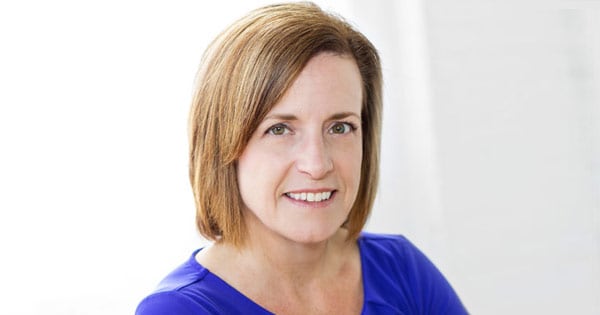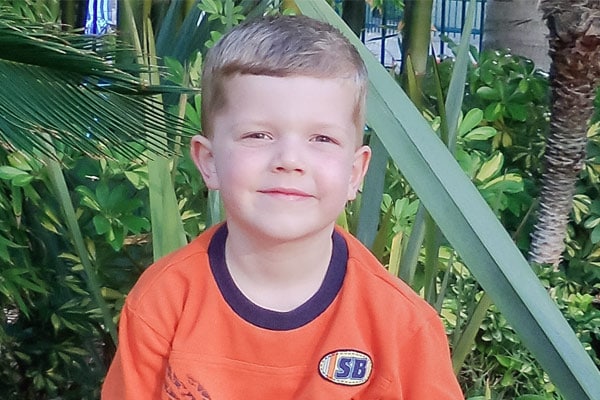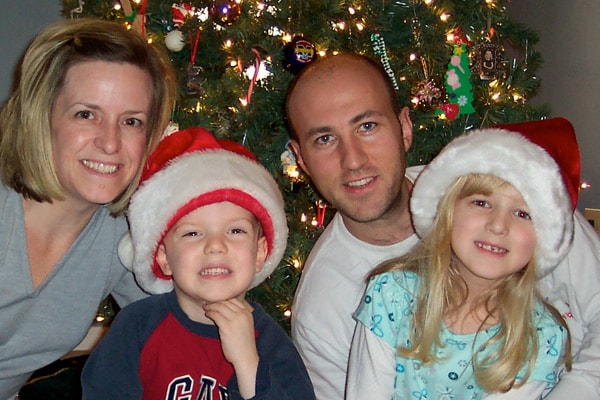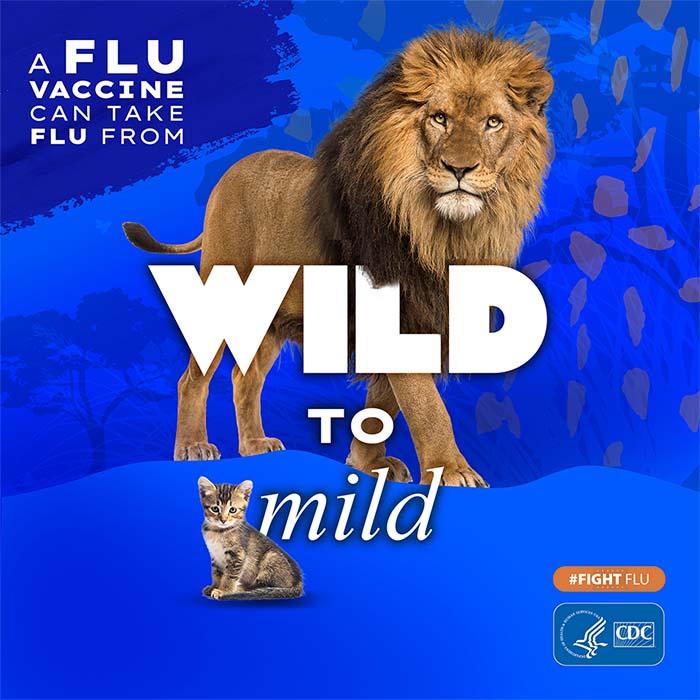Flu Fighter: Serese Marotta
Meet flu fighter Serese Marotta, who has made it her life’s work to educate others about the dangers of flu and the importance of annual flu vaccination following the loss of her healthy 5-year-old son, Joseph, to flu in October 2009 during the H1N1 pandemic. Serese spent five years as the Chief Operating Officer for Families Fighting Flu. In June 2021, she joined Vaccinate Your Familyexternal icon (VYF) as the Director of Community Outreach and Advocacy. VYF is an organization dedicated to protecting people of all ages from vaccine-preventable diseases, including influenza. Through sharing her son’s story and her tireless work on behalf of the Vaccinate Your Family organization, Serese hopes that others will realize that it’s not “just the flu”.
- How has flu impacted you personally? Why do you fight flu?
I lost my healthy, 5-year-old son, Joseph, to flu in October 2009. Before that time, I never realized how serious flu could be or that it adversely impacts thousands of people every year, including healthy children and adults. I fight flu because I want to help prevent other families from experiencing a similar tragedy. - How do you fight flu?
First and foremost, my entire family and I get a flu vaccine every year in an effort not only to protect ourselves, but also to help protect our loved ones and others in our community. I believe annual flu vaccination is a way I can set an example and help protect public health. I also fight flu through my work at Vaccinate Your Family, where I serve as the resident flu expert. My role here is to help educate the general public about flu, both directly and through our strategic partnerships, as well as work with families who’ve been personally impacted by influenza to support them in various advocacy efforts. Our goal is to keep flu top of mind for the general public, partners, and policymakers.Part of our educational efforts around influenza include making sure people of all backgrounds have access to timely, science-based information, so that they can feel empowered to make informed decisions about vaccination for themselves and their families. And these educational efforts take place at national, regional, state, and local levels. Another important part of my job is storytelling. We identify, engage, and support individuals and families that have been personally impacted by flu to help them share their stories and raise awareness. Storytelling is an important part of the narrative around flu because vaccination can be an emotional decision. It’s important to share these stories because people can relate to them. And beyond just facts and statistics, these stories make people realize that flu isn’t just a bad cold, but rather something they need to take seriously.
- What would you say to those who are hesitant about getting a flu vaccine?
We all want to protect ourselves and the people we love. As a parent, I understand that some people may have questions and/or concerns about flu vaccination – and that’s okay. The goal is to make sure that their questions and concerns are addressed with factual, evidence-based information from reputable sources, like the Centers for Disease Control and Prevention (CDC) or an organization like Vaccinate Your Family. The sharing of stories like mine is important because it illustrates the true burden of this disease. This infectious disease is not “just the flu”; it robs families of their loved ones every year. However, we can help protect ourselves and our families by getting vaccinated. Scientific studies have proven that annual flu vaccination is our best defense against flu, including severe outcomes like hospitalization and death.When having conversations with friends and family who may be hesitant to get a flu vaccine, it’s important to identify what may be causing someone’s hesitation. These conversations should first and foremost, be empathic. Then try to pinpoint their concerns and offer to share some accurate, science-based resources with them that could help address those specific questions and concerns. I also struggle with the term “vaccine hesitant” because I think it can have a negative connotation. Many people who fall into that category may just be in need of some additional information from a trusted messenger, or they may be encountering other barriers such as access issues (e.g., uninsured individuals). So I think it’s helpful to remember that people really do want to do what’s best to protect themselves and their families; sometimes they just need support and resources. Ultimately, we want people to feel comfortable with their decision to vaccinate.
- What do you want others to learn from your experience with flu?
I never thought my healthy, 5-year-old son would die from flu. I want others to understand that all of us are at risk when it comes to flu. Flu does not discriminate; it has the capacity to adversely affect any one of us, regardless of gender, age, ethnicity, health status, or lifestyle. Every year in the U.S., there are tens of thousands of people who are impacted by flu, including heartbreaking stories like mine. But the good news is that flu vaccines are widely available to us and we can all make the decision to fight flu by getting vaccinated. Annual flu vaccination truly has the ability to save a life, perhaps even the life of someone you love.
To read Joseph’s full story, visit www.vaccinateyourfamily.org/josephexternal icon.
The profiles featured on this website are provided for informational and educational purposes only. The information provided in these profiles reflect the opinions of the speakers only, and does not necessarily represent the position of the Centers for Disease Control and Prevention or the Department of Health and Human Services. No endorsement of the speakers by the U.S. Government should be inferred or implied.



